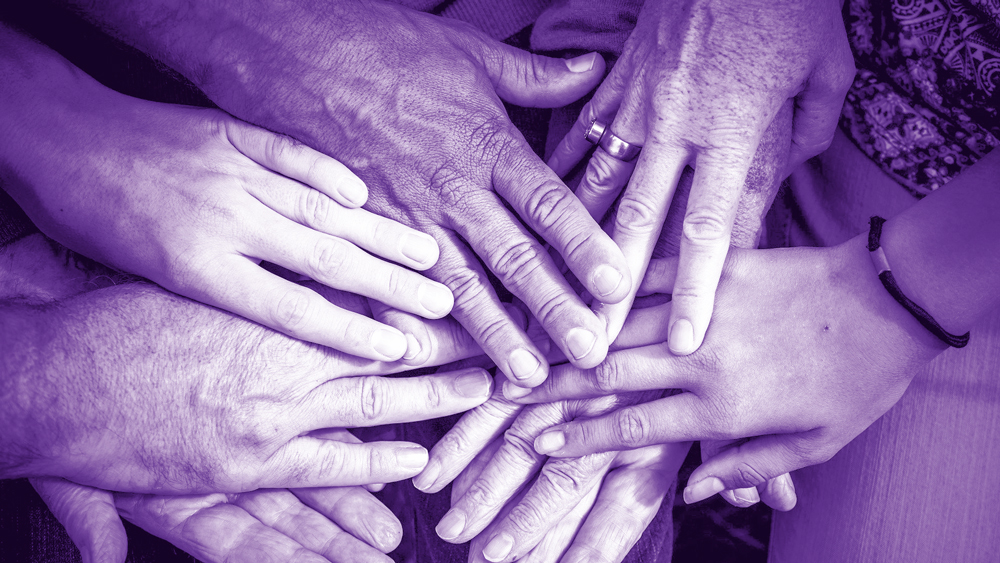How a Parent’s Love Can Hurt the Addict
Addiction is a devastating disease. Like a raging tornado, suffering addicts typically destroy almost everything and everyone they touch, including family and friends. Parents of young adults and adolescents often suffer the most. They blame themselves, asking themselves what they did wrong or what they could have done better. Too often, parents divorce and become financially depleted as they struggle to pay for the seemingly countless rehabs their child has been in and out of.
Each time, they lose hope. It does not necessarily have to be this way for parents of suffering addicts. Many parents suffer more than they should because they do not understand the disease of addiction nor do they have much of an idea how to help their child.

By Shayne Sundholm, CEO, Clean Recovery Centers
Key step
First and foremost, it is imperative for parents to understand that drug and/or alcohol addiction is a disease. This was determined decades ago by the American Medical Association. Addiction is not some moral shortcoming or character defect. It is a disease, and it needs to be treated as such if the suffering child is to have any hope of recovery. Unfortunately, many parents either do not understand this or are unwilling to understand it. From experience, we can tell you that this is the first step that parents need to take if they hope to help their child.
Most parents love their children more than anything – more than life itself. Some think if they only love their addicted child more that will be enough. But this depends on one’s definition of love. If a parent thinks that caving into their child’s demands for more money or anything else is showing more love, we can tell you that this approach fails 100% of the time. The disease of addiction feeds on manipulation. Typically, the more the parent caves into these demands the sicker their child becomes.
Addiction is a disease
Some parents may think they can nurse their child back to health. If only the child will remain under their care and somehow all will be well. Again, we can tell you from experiences this approach fails 100% of the time. Parents are no more able to care for their suffering addicted child than they are to make it magically disappear.
Addiction is a disease and there are specific, evidence-based processes and treatments that are used to put the disease into remission. These approaches to treatment must be learned over time. Therapists, clinicians and MD’s specializing in addiction spend years learning these tools. Realizing and accepting that their child needs professional help and treatment is a big step forward if the parents have any hope of helping their child.
Parental support is key
Almost nothing can help a suffering addict through a recovery process more than the support of their parents. When parents go about this in the right way, the impact can be tremendously positive.
We recommend that parents closely study the disease of addiction and consult with experts on how to move forward. Most reputable treatment centers will offer advice and support free of charge. Experts from these centers will often share suggested do’s and don’ts as they strive to get their addicted child into a recovery program of some sort. Learning about the disease and consulting with experts is the most loving things that parents can do in this situation.
Heed the advice
For the parents of the suffering addicted child, we recommend you follow the suggestions as closely as possible. In short, we recommend parents let their child know that if they seek help and do their utmost to get well, they will be there for them every step of the way.
However, should their child choose not to seek help we recommend that parents let their child know there is nothing they can do and that they will not further support them and watch them destroy themselves and everyone around them. This is not tough love. This is true love though it may not feel that way to either the parents or the suffering child initially.


